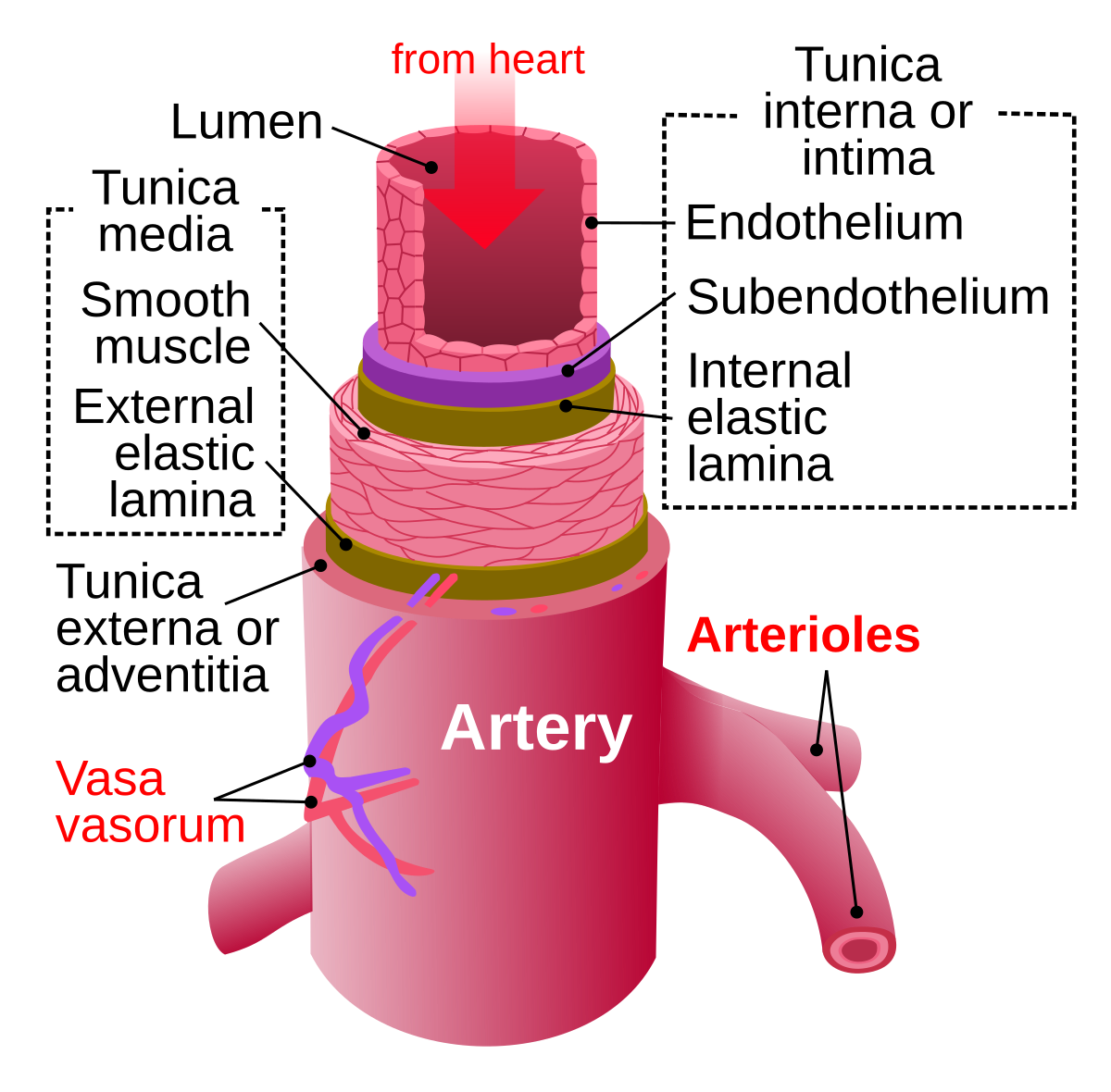Arteries
/ɑɹtɝiz/
1. [noun] a vessel carrying blood from the heart to the tissues. Pulmonary arteries carry deoxygenated blood from the right ventricle to the lungs to pick up oxygen and to release carbon dioxide; in contrast, systemic arteries carry oxygenated blood from the left ventricle to the rest of the body. Cite: Medical Dictionary, © 2009 Farlex and Partners

Frequently Asked Questions
How does good arterial circulation in your feet support everyday walking and movement?
Healthy arteries in the feet ensure that oxygen-rich blood reaches muscles and tissues during activities like walking or running, which maintains optimal foot performance and vitality.
How can distinguishing foot arteries from veins clear up common circulation misconceptions?
Understanding that arteries in the foot carry blood away from the heart while veins return it helps clarify how blood flows through the foot and ankle, fostering better awareness of overall foot health.